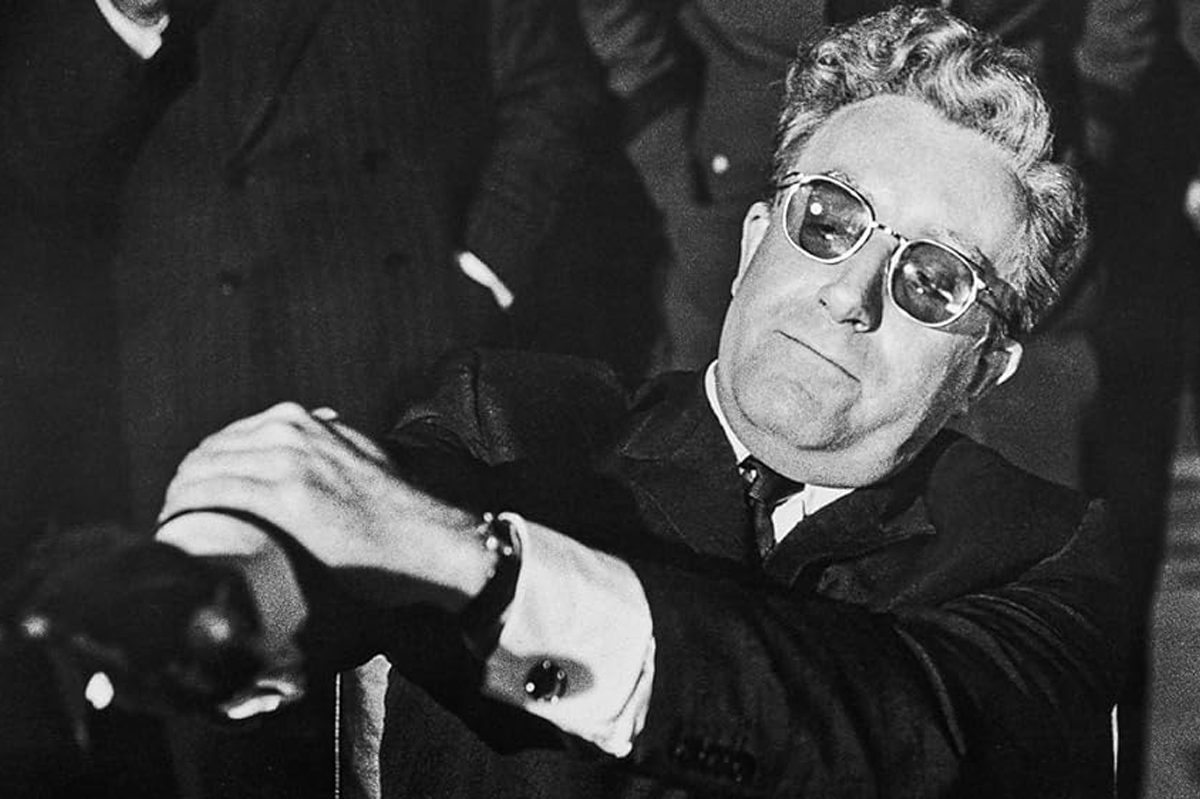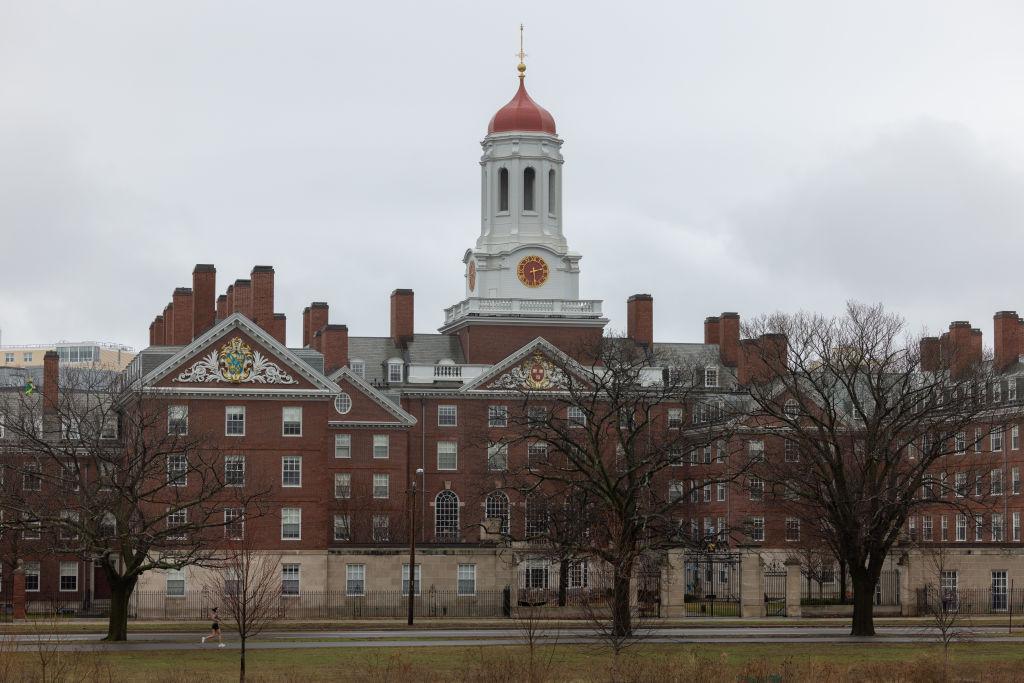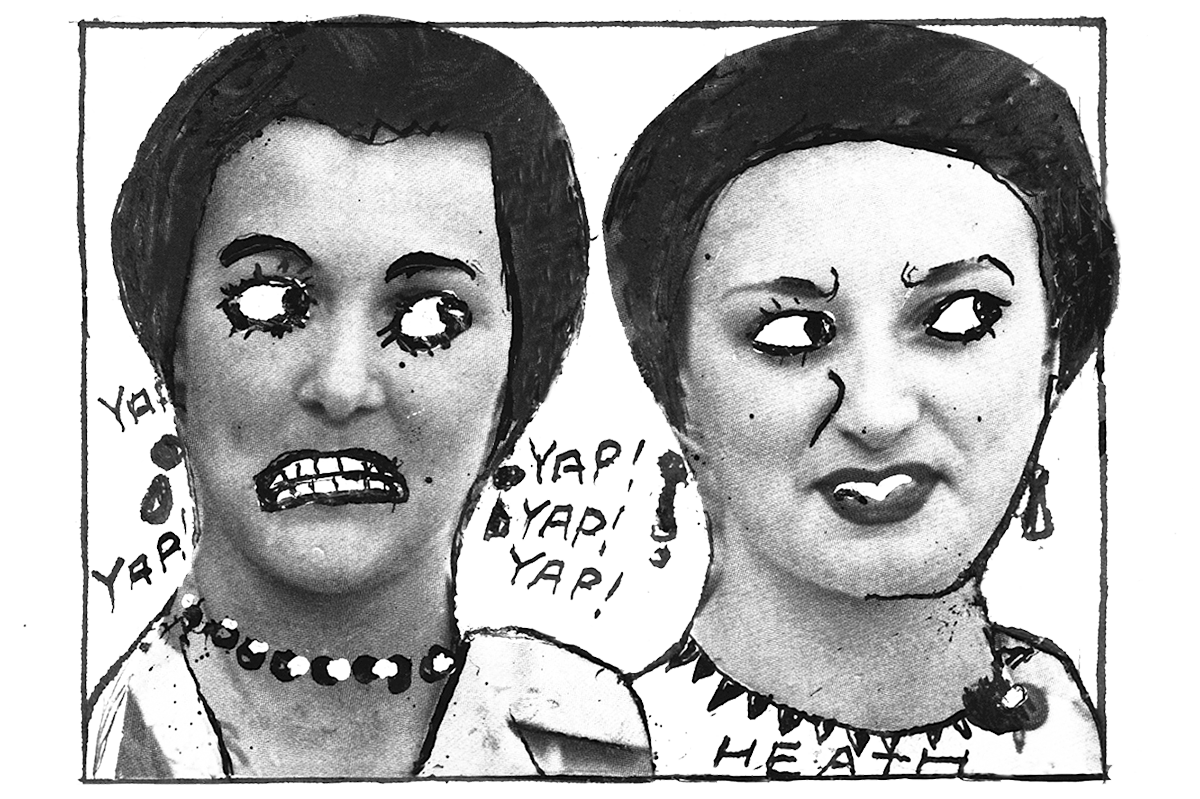A month or two ago, Rod Liddle had the audacity to write in The Spectator that the besetting problem of modern civilization is the middle class, while implying that something ought to done about it. Reading the article, I was reminded of an entry made by Harold Nicolson in his diary early in 1939 where he observes, à propos the homogenization of the modern world, “Even revolution is becoming bourgeois.”
While it is a matter of historical record that most revolutionaries from the early 19th century onward, in France, Russia and elsewhere, have sprung from the middle classes, Nicolson’s readers (if he still has any) in the first quarter of the 21st century will recognize at once what he is complaining of, roughly 100 years after the children of the commercial and industrial middle classes began attending university, for reasons more financial and social than intellectual, whence they depart under the illusion that they are now educated, thinking persons. In fact, they are at best half-educated and unthinking people who reflexively and unhesitatingly adopt the thought, ideas, opinions and language that happen to be fashionable at any given time among the bourgeoisie.
Directly following World War One, a significant portion of the middle class developed a romantic view of the progressive or revolutionary mind in politics and social thought as well as the arts, and indeed in what it imagined to be intellectualism itself; a disposition it mistook for a credentialed profession and accepted as a badge of sophistication and superior social status.
For the western (and westernizing) bourgeoisie, the maintenance of cultural health, vigor and what it calls “creativity” is a matter of progressive intellectual and artistic breakthroughs corresponding with technological advances in the scientific, business and industrial worlds. Similarly, what it calls a “vibrant” culture is one whose highest value is novelty for its own sake, conceived as progress toward “truth” as the word is understood in a fully rationalized, secularized and trivialized age.
“Novel” ceased a century and a half ago to refer to what it did in the 18th century, when the literary form signified by the same word – a fictional prose work at some length – was developed. Today, anything “novel” means something previously unheard of, and even unimagined; unprecedented, startling and preferably shocking. (Flannery O’Connor employed a similar aesthetic in her fiction to opposite ends, for the reason she herself gave when explaining why her characters are so often freaks. To the hard of hearing you have to shout, she said, and for the nearly blind you have to draw large and startling pictures.)
Inevitably, the desire for relentless novelty promotes the dissemination of the most extreme ideas, theories, creations, absurdities and fantasies, including those claimed by their inventors and proponents to be “scientific” though they are defiantly anti-scientific: for example, the current claim that a biological man endowed with both an X and a Y chromosome can be surgically transformed into a biological woman with two Xes. “La raison a ses principes que le cœur ne doit pas nier.”
The progressive middle class believes in everything and anything – and thus in nothing at all
In one of their inimitable films, Laurel and Hardy are handymen summoned to Oxford University to perform various small jobs, among them the repair of a broken window sash. Attempting to secure the upper frame, Laurel inadvertently brings the thing down upon his head. The blow transforms him into a don who spouts academic gibberish until the window strikes him on the head a second time and he reverts to being Stan Laurel once more.
Analogously, intellectualism untethered from intellect and untempered by wisdom has turned masses of hitherto sensible people, many if not most of them representatives of the professional middle classes, into blithering self-righteous poseurs of the sort that are presently afflicting Great Britain with their highly disruptive and frequently illegal demonstrations on behalf of Just Stop Oil, Palestine Action, “human rights” and numerous other middle-class causes. Orwell, famously, saw it all coming, though foresight was insufficient to cure him of his own socialist sentiments, delusions and beliefs, no matter his innate English common sense. Perhaps, had he lived past middle age, he might have learned better. (Then again, perhaps not, the middle-class disposition toward progressive liberalism being nearly ineradicable.)
The famous saying often attributed to Chesterton – that the danger for the religious unbeliever is not that he is liable to believe in nothing, but rather that he is likely to believe in anything – comes to mind. Today, the progressive middle class (which is so large a portion of that class) believes, paradoxically, in everything and in anything – and thus in nothing at all. At bottom, it is nihilistic, which is what makes it so dangerous a social and political force. It is indeed, as Liddle perceives, a civilizational menace, and one that needs to be dealt with – starting, perhaps, with the almost wholly unrestrained legal profession that has aligned itself in western countries with the enemies of majority rule, constitutional government and democracy itself.
Harold Nicolson ended his diary entrance with the simple statement: “I hate it all. I hate it all.” So, one gathers, does Rod Liddle. So do I. And so should we all. “À bas la bourgeoisie!”
This article was originally published in The Spectator’s September 15, 2025 World edition.


























Leave a Reply